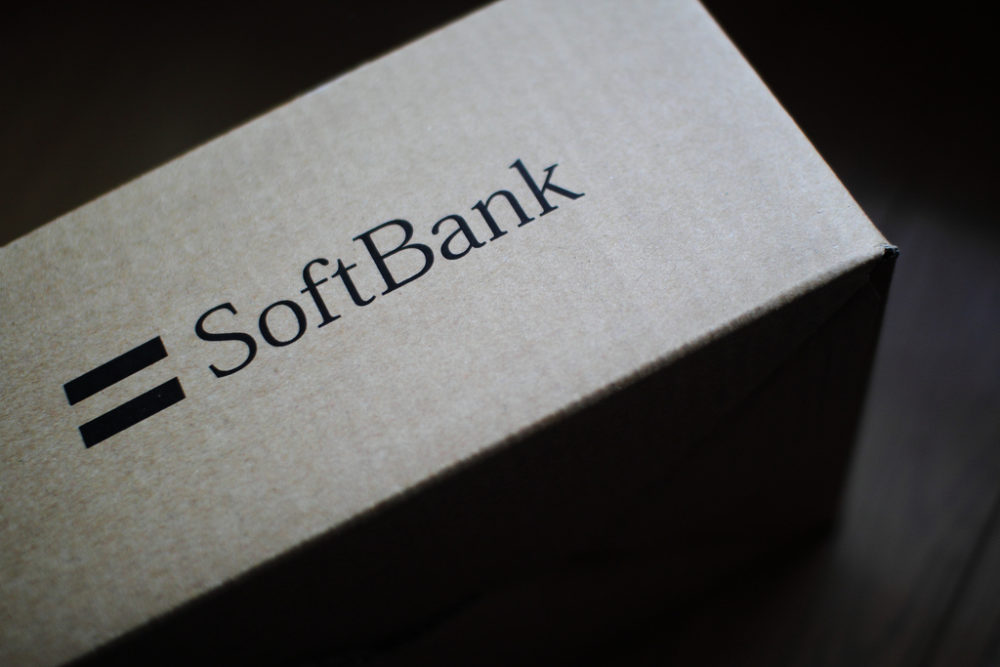Troubled Japanese tech conglomerate Softbank, has announced via a statement, that it won’t go ahead with an earlier confirmed $3 billion share buy back deal finalised during WeWork’s bailout in October last year. This $3 billion share buyback was agreed upon in October in last year, when WeWork’s IPO failed, gross violations within the compnay came into light, and Softbank ultimately agreed to take control of the company to save its own billions invested into WeWork.
According to the then finalised agreement, Softbank was to spend $3 billion to buy WeWork stock from former Chief Executive Officer and founder Adam Neumann, Benchmark Capital and other shareholders. Softbank however intimated WeWork board in Mid march that certain crucial conditions of the deal were not met. Thursday was the deadline for the deal and as it passed, Softbank issued a statement confirming it will abandon the deal, citing five conditions that were not met.
These conditions include WeWork’s inability to close the roll up of company’s businesses in China, Japan and rest of Asia (including India). Softbank also mentions “multiple, new, and significant pending criminal and civil investigations” that have begun since the MTA was signed in October 2019.
“When the tender offer was negotiated in October 2019, SoftBank, WeWork, WeWork’s Special Committee, Adam Neumann and SoftBank Vision Fund agreed that SoftBank would not have to close the tender offer unless certain specifically negotiated conditions were satisfied. Several of the closing conditions were not satisfied by the April 1, 2020 deadline.”, said Softbank in a statement released today.
A WeWork committee of two independent directors voiced disagreement over SoftBank’s decision and suggested there may be legal action.
“The Special Committee is surprised and disappointed at this development, and remains committed to reaching a resolution that is in the best interest of WeWork and its minority shareholders, including WeWork’s employees and former employees. The Special Committee will evaluate all of its legal options, including litigation,” the committee, made up of Benchmark’s Bruce Dunlevie and another director, Lew Frankfort, said in an emailed statement to Bloomberg.
The tender offer has been under doubt since the time it was agreed upon. For one, there was massive criticism from WeWork’s minority shareholders, alleging that Adam Neuman, company’s founder and then CEO, was walking off a billionaire despite his wrongdoings. Most of the $3 billion would have gone to Adam Neuman and Benchmark Capital, along with a select few shareholders. WeWork employees would have got less than 10% of the amount in totality. Softbank’s own board and shareholders were unhappy with the way the tech conglomerate handled the entire WeWork saga. This led to Masayoshi Son apologising to its investors during an investor call, about company’s ‘bad decisions’
Then in Mid-march, Softbank itself sent a letter to WeWork investors, stating that the agreement could be scrapped off if certain pre-determined conditions were not met. The Japanese tech behemoth had then cited investigations by the securities and exchange commission, along with one from the US Justice department.
“Given our fiduciary duty to our shareholders, it would be irresponsible of SoftBank to ignore the fact that the conditions were not satisfied and to nevertheless consummate the tender offer.”, added Rob Townsend, Softbank’s Chief Legal Officer.
The announcement to abandon the deal was met with much cheer by Softbank existing shareholders, and the Japanese stock market in general. Softbank’s shares rose as much as 4.5%, despite most of the Japanese market ending up in red.
What needs to be noted though, is that rest of Softbank’s bailout package remains intact. Apart from the $3 billion that is being abandoned now, Softbank has already provided an additional $5 billion to the company, along with an accelerated release of a pre-committed $1.5 billion. SoftBank and the SoftBank Vision Fund have committed more than $14.25 billion to WeWork to date, including $5.45 billion since October 2019, the company said in a statement.
The Tech Portal is published by Blue Box Media Private Limited. Our investors have no influence over our reporting. Read our full Ownership and Funding Disclosure →






1 comment
Comments are closed.